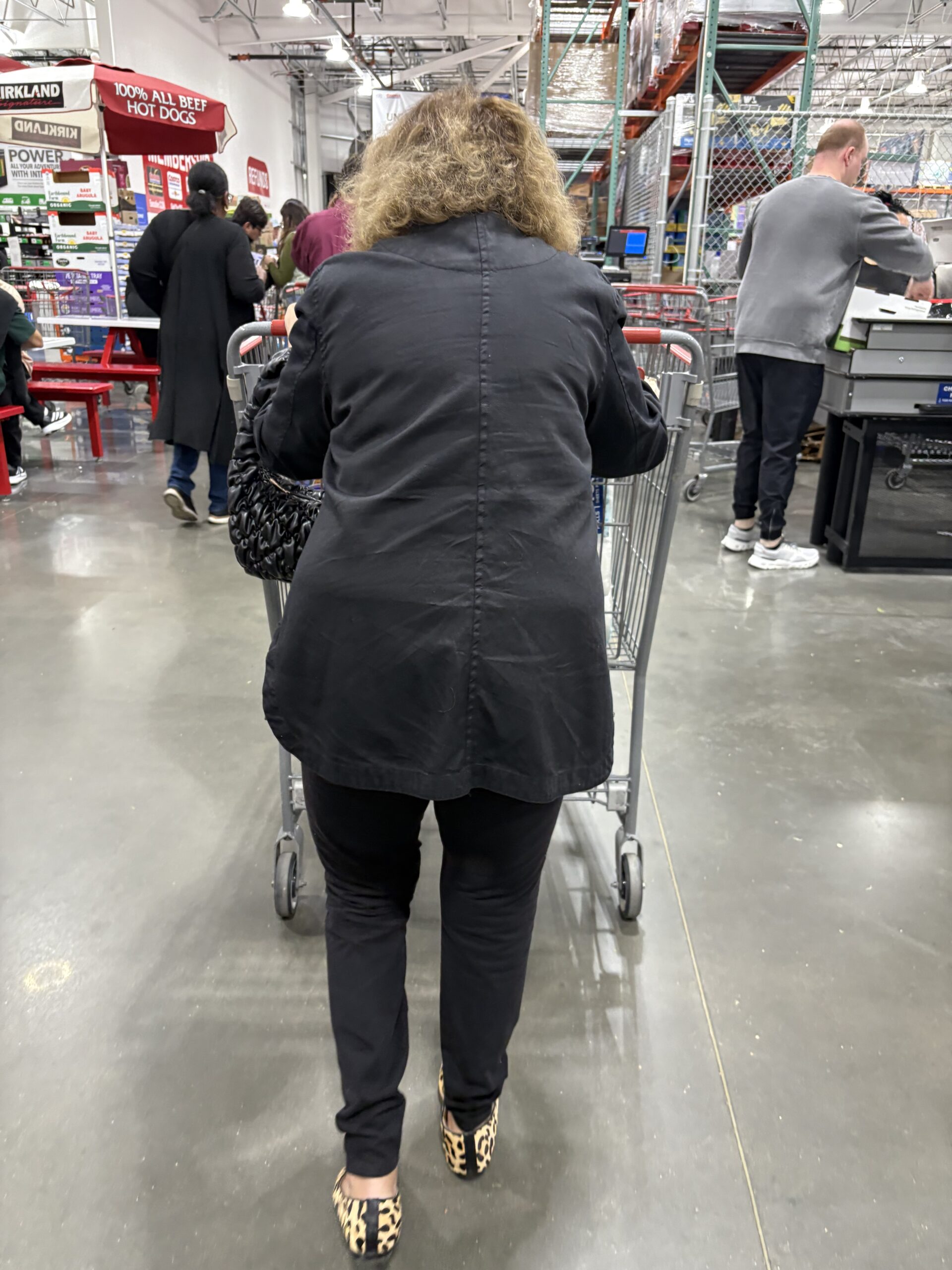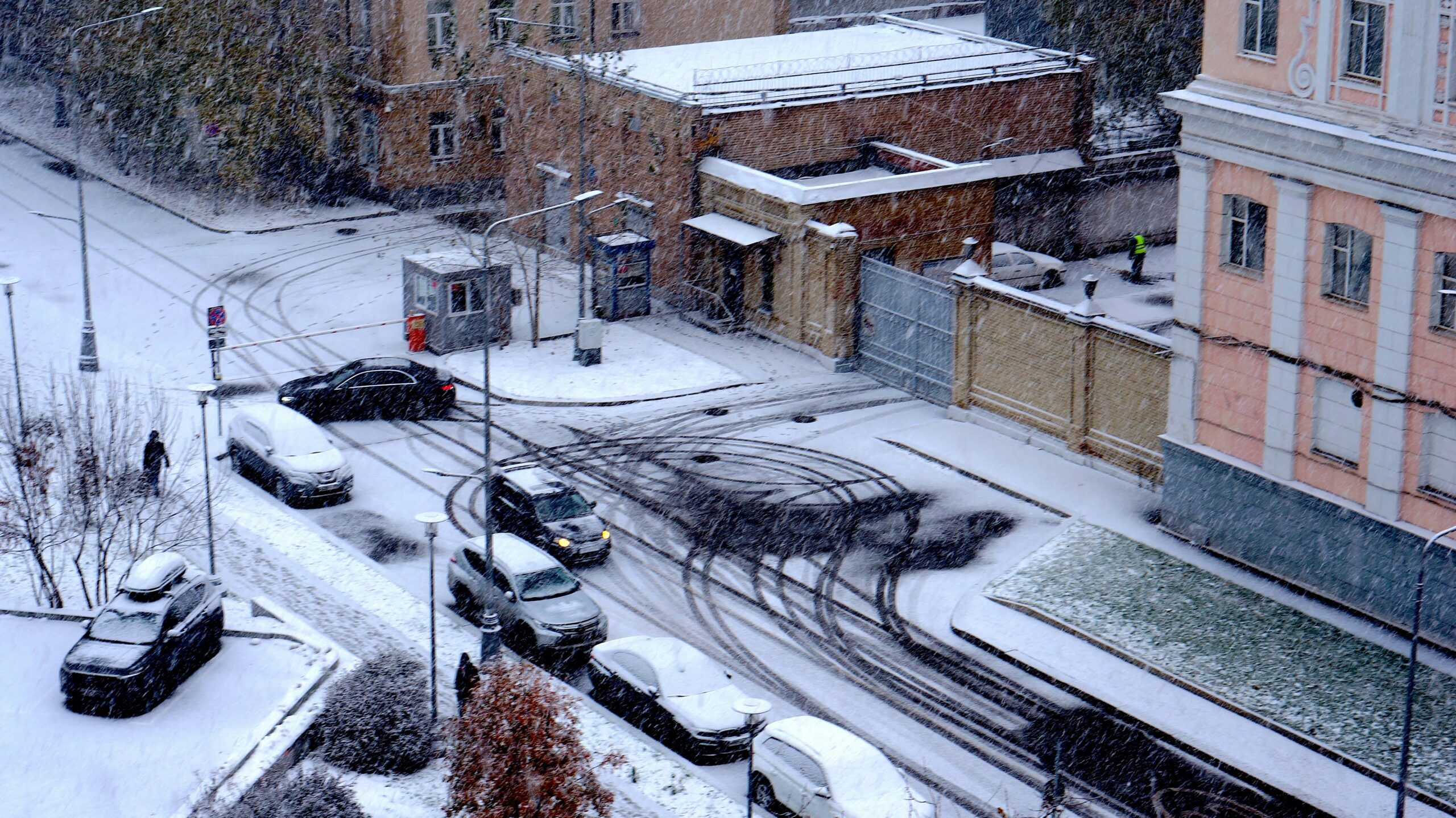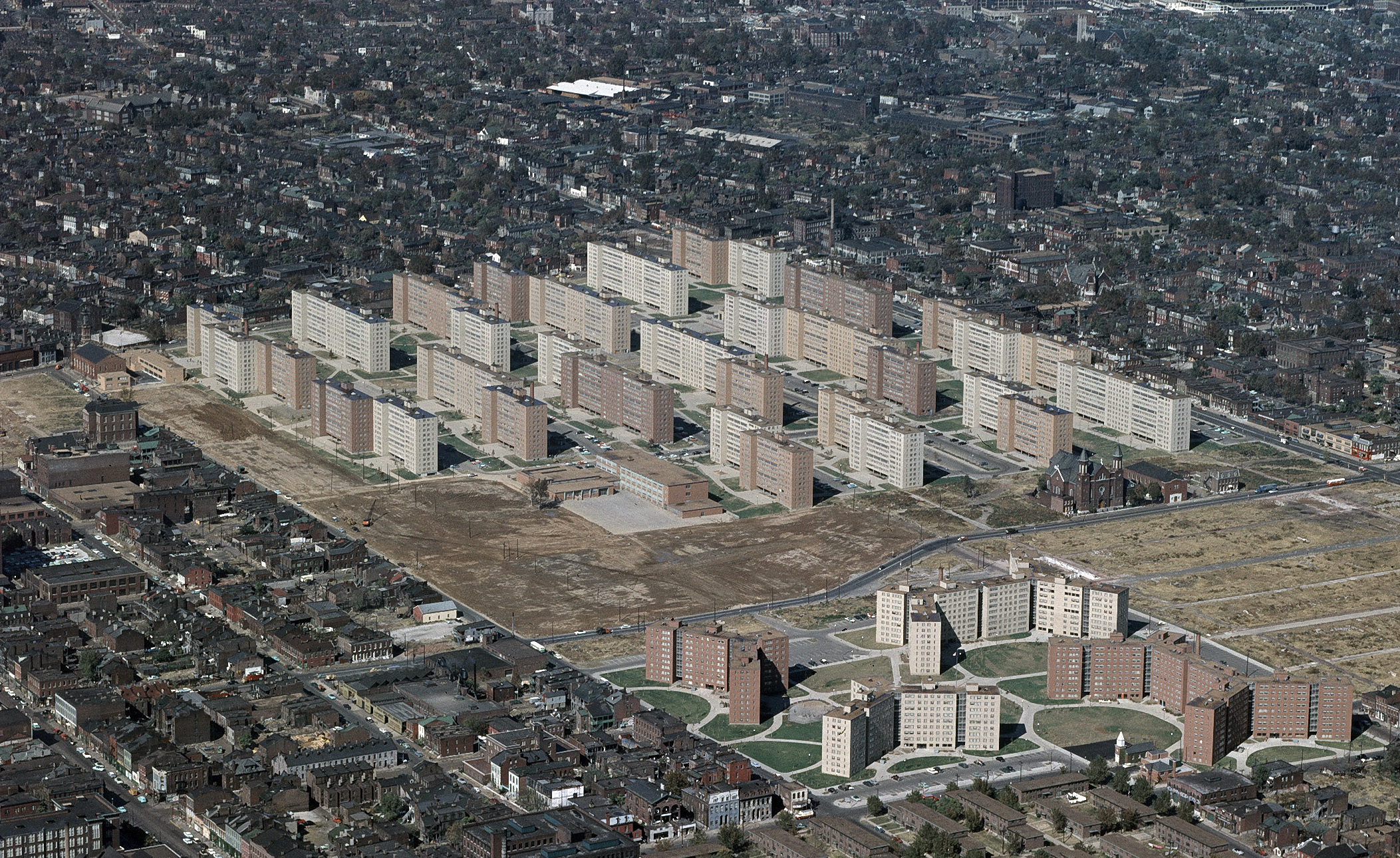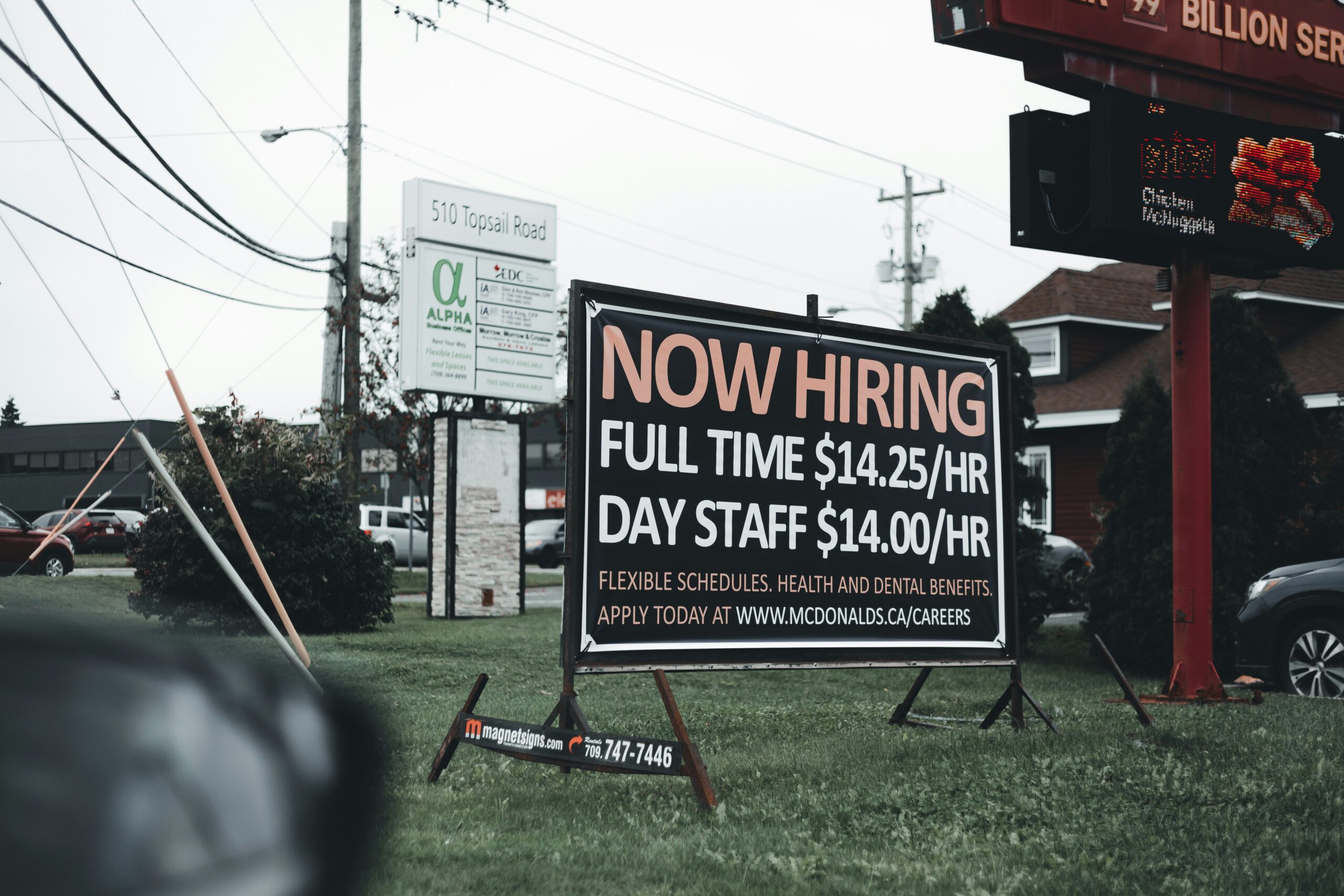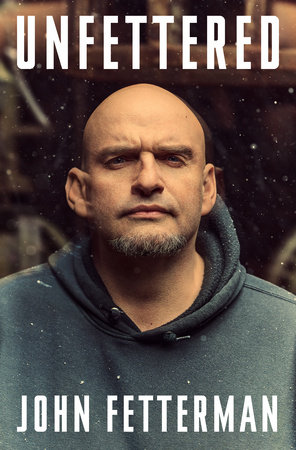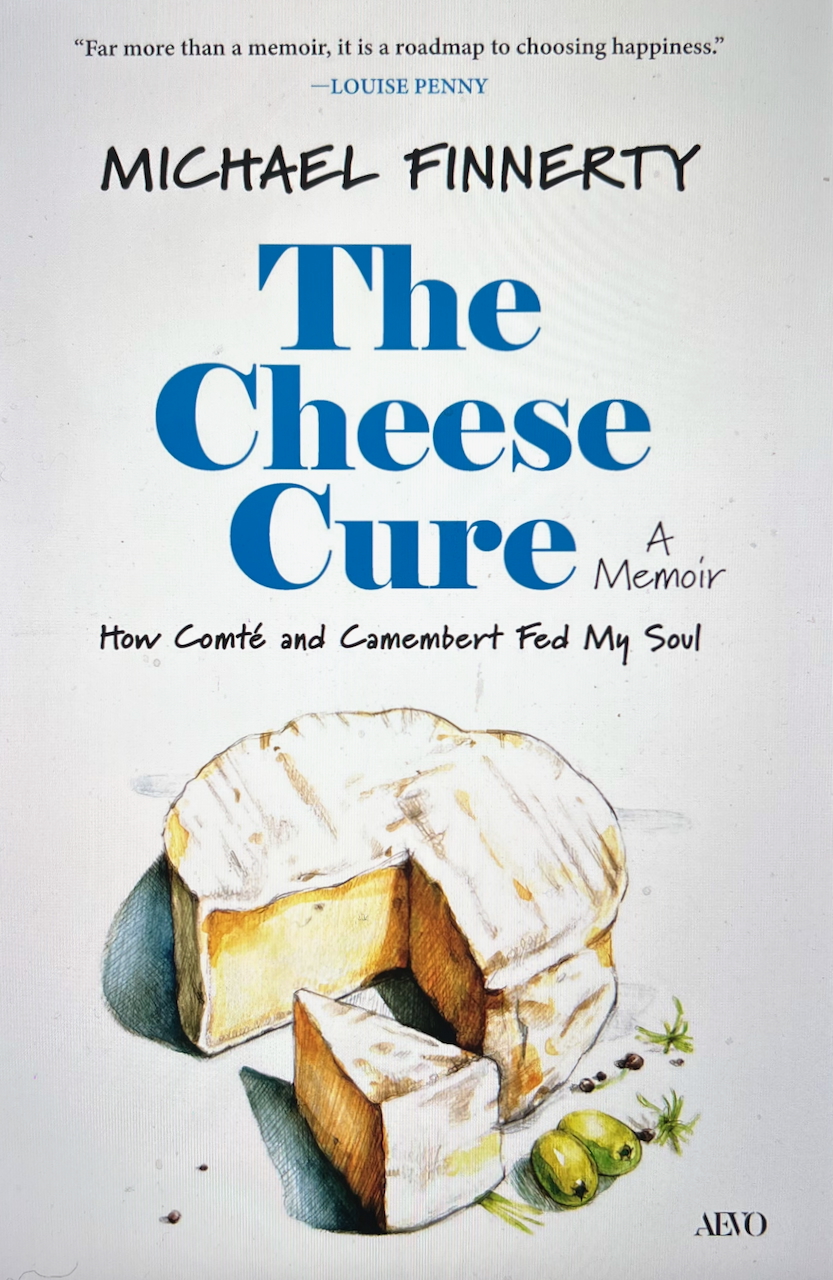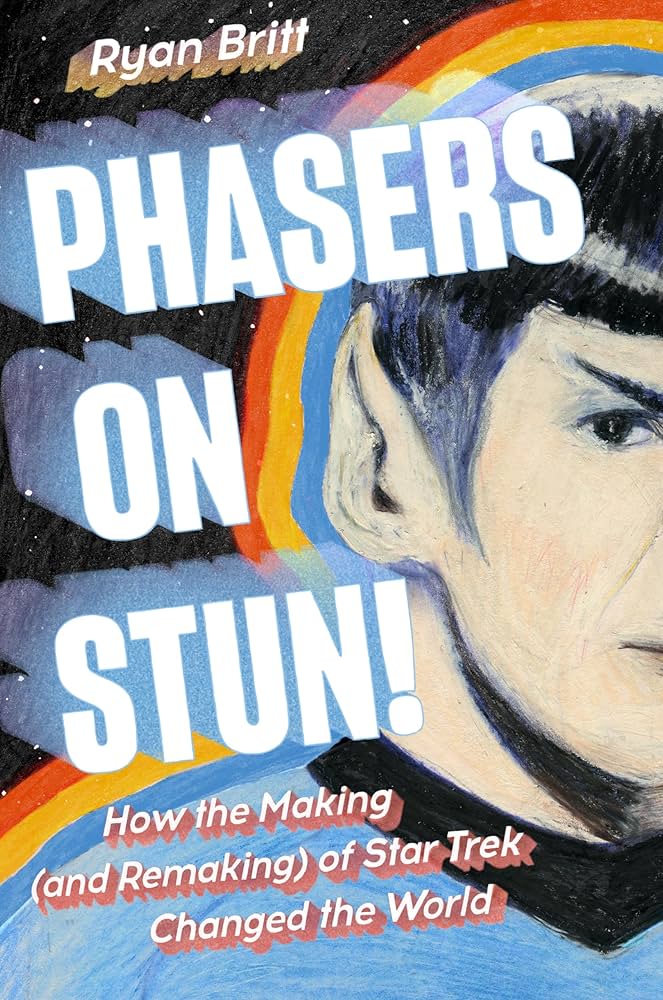Pea Soup with Art Garfunkel
By Chris King
April 24, 2024

On a website since removed from public view, Art Garfunkel mapped with approximate dates the path he walked from his apartment on the Upper East side of Manhattan to Oregon, dating his walk across parts of Pennsylvania as April 1984. That means the following incident would have transpired in April 1984, 40 years ago this month.
I no longer remember who told me this story. I spent the 1990s on the road playing and recording rock & roll music; for the last few of those years, I paid rent nowhere and never stayed anywhere for long. When you are living like that, you meet a lot of other people who are living on the road, and you hear a lot of stories and tend to get them confused. If the person who told me this story ever reads this, please try to say hello.
I will tell the story from the point of view of the person who told it to me. This event did not happen to me, but I have been retelling this story for so long that by now I have imagined almost all of the details.
So, I was driving across Pennsylvania and was somewhere in the middle of that endless state—it is nearly as wide as Utah—when I got off the highway and stopped at some diner in the middle of the night. There was only one other person in the place, sitting alone at a booth with a bowl of soup, and he sure looked like Art Garfunkel.
You know what Art Garfunkel looks like, right? The squirrely tornado of orange curly hair? The features so fine they could be a girl’s? I was thinking that anyone who looks that much like Art Garfunkel must actually be Art Garfunkel, and trying not to gawk or stare when, I could not believe it, the man in the booth was motioning at me from across the diner.
I got up and walked over, and the man said, “Yes, it’s me, it’s Artie. I’m Art Garfunkel. I saw you looking at me from across the diner. Would you like to join me?”
I said, “Sure, Mr. – Arthur – Art – Artie,” and I sat down opposite him in the booth. And then Art Garfunkel burst quietly into tears.
He waved his hands in the space between us, which seemed somehow to say that I should stay where I was but offer no reactive consolation, so I stayed where I was and waited for him to regain his composure. It took a minute.
“Laurie Bird, my love, killed herself in our apartment, in my apartment,” Art Garfunkel said. “She was an actress and a photographer. Her work is all over our apartment, my apartment. Her things. Her spirit. Her smell. They are all over that apartment. I don’t want to throw anything out. They are all I have left of her.”
Another spasm of tears silenced him; another motion of his hands kept me seated and silent. His hands seemed small for someone I took to be a tall man, but, sitting across the booth from him, I realized that Art Garfunkel is not tall. It’s just that he is most often seen standing next to the tiny Paul Simon.
“I don’t want to throw her photographs or her things or her spirit or even her smell out of our apartment, out of my apartment, but it gets hard for me to be in there alone, so one day I went out walking,” Art Garfunkel said. “We live, I live, on the east side of Manhattan, so I walked west. If I would have walked east, I would have ended up in the East River or back home on Long Island, where I don’t want to be. So, I walked west and ended up in New Jersey, after taking a train, then I kept walking west. That made me feel a little better. So, the next day I took a train to where I had stopped walking in New Jersey, and I started walking west again. That made me feel a little bit better, so the next day I did it again. And I have been doing it, on and off, ever since.”
Art Garfunkel paused, looking past me. He had not been looking at me or really even talking to me. It felt like he was talking to himself, as he must talk to himself during all of those long hours of walking west alone, but maybe it was better to talk to himself, from time to time, while someone else listened.
“This is not why I am doing this,” Art Garfunkel said, waving his hands in between us. “I am not trying to tell my story to the people. I am not trying to meet America. See America? Yes. I am trying to smell America. It’s interesting. When you walk past a diner like this one without stopping, it’s interesting how far away you continue to smell it as you walk away.”
I watched Art Garfunkel smell the diner and think about walking away from it. Then he stood up, put a small pile of money on the table next to a white bowl with what appeared to be the dregs of pea soup, and prepared to walk away.
“I feel like I should offer you a ride,” I said to Art Garfunkel, “but I am driving east and you are walking west, and the whole point of what you are doing is that you are walking and walking alone.”
Art Garfunkel grimaced, though I thought it was supposed to be a smile.
“I am doing it the rich-guy way now,” Art Garfunkel said. “I have a driver in a trail car.”
He motioned with his hands like when he was trying to keep me from leaving or from consoling him again. “My trail car is not parked outside waiting. He does not, literally, trail me as I walk, not step by step. But he is in the area, in a car, and we have a system.”
Art Garfunkel bent down to adjust his left foot in his left sneaker, then his right foot in his right sneaker, then he stood up. I was still seated, and he was standing in a way that made it awkward for me to get up and out of the booth. Again I had that feeling that Art Garfunkel should have been a taller man. It did not appear that he expected or wanted to shake my hand or anything as he departed. He had not asked for my name.
“I don’t always connect with my trail car to find a hotel or a motel,” Art Garfunkel said. “I am capable of walking all night into the dawn. I am capable of sleeping in a ditch. After talking to you tonight, I feel strong enough to walk all night or sleep by the side of the road. Thank you for that. Bye.”
Then Art Garfunkel walked across the diner and walked out of the diner into the night. Art Garfunkel walked west, smelling the night, smelling Pennsylvania, smelling the exhaust from the diner, counting his steps to estimate how far he had walked before the smell of the diner left him just like everything else was leaving him.
